Unless an agreement with Congress is reached soon, President Trump this week indicated he is considering declaring a national emergency in order to fund the construction of a border wall on the southern border. A national emergency declaration would face significant legislative and legal opposition, yet it could create a path to end the partial government shutdown that tomorrow will become the longest in U.S history, exceeding the 21-day shutdown of 1995-96. (New York Times, Jan. 9 / NBC News, Jan. 10 / Politico, Jan. 10
 |
Unless an agreement with Congress is reached soon, President Trump this week indicated he is considering declaring a national emergency in order to fund the construction of a border wall on the southern border. |
 |
Federal Reserve Chairman Jerome Powell said that if the current situation is prolonged, it would start to noticeably affect the economy. "If we ave an extended shutdown, I do think that would show up in the data pretty clear." (Economic Club of Washington video interview at 13:30, Jan. 10, 2019) |
The effects of the government shutdown and prospects for policymaking in the new Congress will be topics for discussion during The Roundtable's Jan. 29-30 State of the Industry Meeting in Washington, DC.
The 116th Congress convened last week with Democrats in control of the House for the first time in eight years as Nancy Pelosi (D-CA) was reelected House Speaker. Among the new leadership is a fresh slate of committee chairs who will address issues of importance to real estate in the areas of tax; capital and credit; energy; infrastructure; homeland security and other policy areas. The lawmakers who will set agendas for key committees in a divided Congress include:
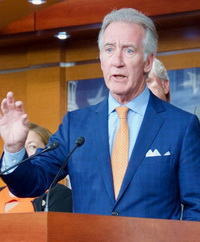 |
Rep. Richard Neal of Massachusetts – the long-standing co-chair of the House Real Estate Caucus – is the new Democratic chairman of the tax-writing House Ways and Means Committee . |
Tax:
Capital and Credit:
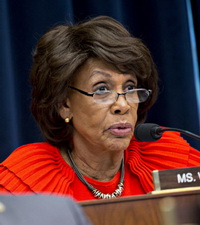 |
Rep. Maxine Waters (D-CA) is the first woman and African-American to lead the House Financial Services Committee . |
Energy and Commerce
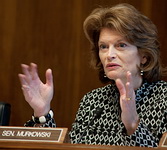 |
The Senate Committee on Energy and Natural Resources is now chaired by Sen. Lisa Murkowski (R-AK), who is expected to propose a broad energy bill that she first introduced in 2015. |
Climate:
Infrastructure:
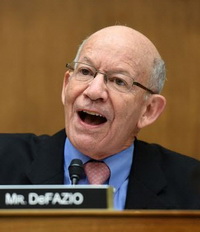 |
The House Transportation & Infrastructure Committee will be led by Rep. Pete DeFazio (D-OR). |
Homeland Security:
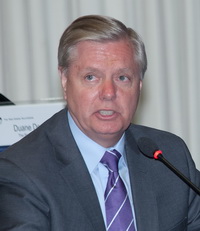 |
Sen. Lindsey Graham (R-SC) will Chair the Senate Judiciary Committee . |
Immigration and Visa Policy:
Many national policy issues affecting CRE that fall within the jurisdiction of these committees in the 116th Congress will be discussed at The Roundtable’s next State of The Industry business meeting and policy advisory committee meetings on Jan. 29-30 in Washington, DC.